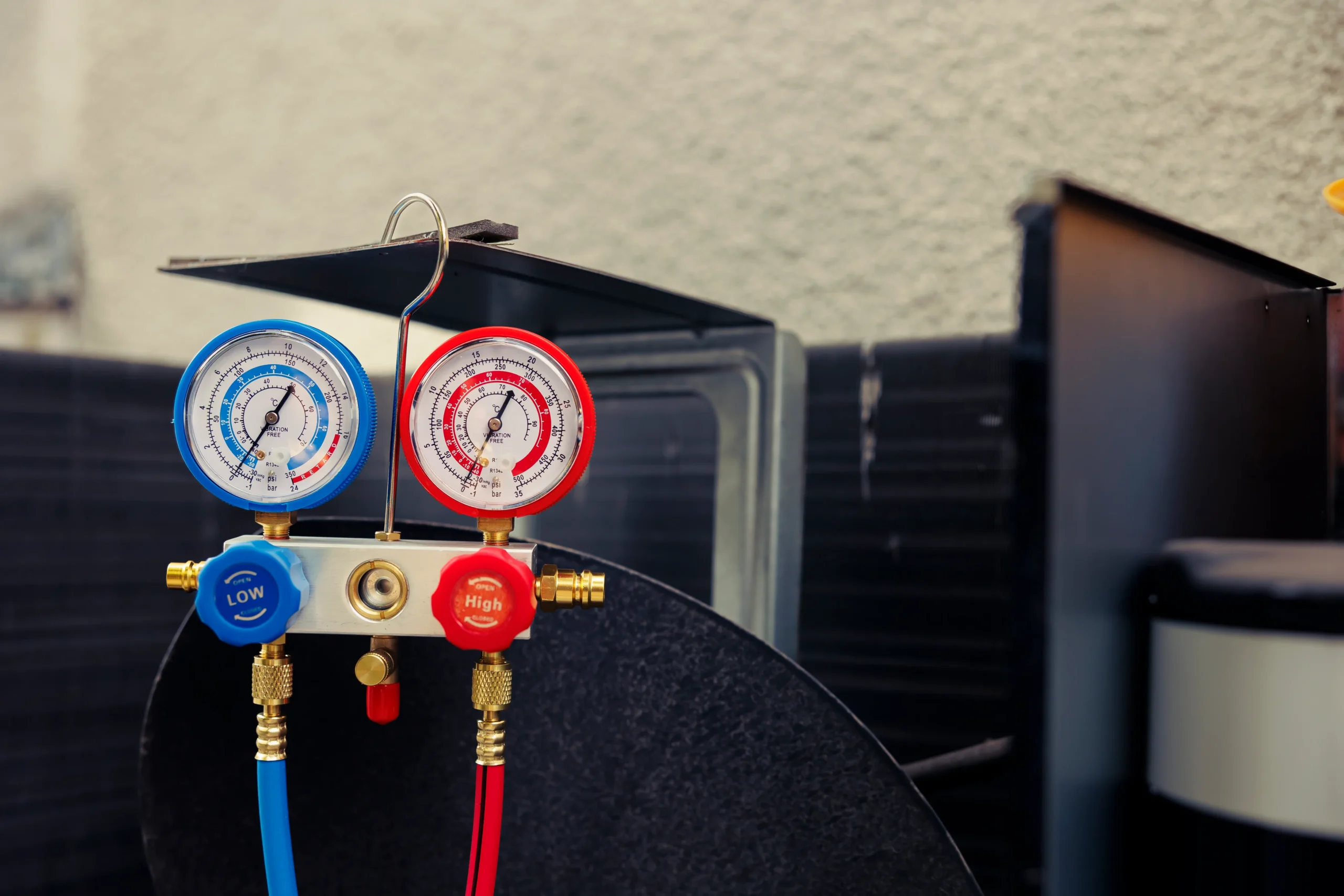The Nissan K24 propane system parts are crucial for the efficient operation of vehicles using propane as an alternative fuel source. In this article, we’ll explore all the essential parts of the system, how they function together, and how to maintain them for optimal performance. Whether you’re a mechanic, an automotive enthusiast, or just someone interested in propane conversion systems, this guide will provide you with all the details you need.
Introduction to the Nissan K24 Propane System
The Nissan K24 propane system parts are designed to allow the vehicle to run efficiently on propane fuel, offering an environmentally friendly and cost-effective alternative to traditional gasoline engines. Propane is known for being a cleaner fuel with lower emissions, and the Nissan K24 system is specifically designed to work with this alternative fuel, providing a smoother, more eco-friendly ride. To make this system work seamlessly, a variety of parts must operate in harmony. Let’s break down the key components of the Nissan K24 propane system and how they contribute to its functionality.
Key Components of the Nissan K24 Propane System
The Nissan K24 propane system parts consist of several important components that work together to ensure that the engine runs smoothly and efficiently. Below are the key components that make up the system:
1. Propane Tank
The propane tank is the starting point for the fuel system. It stores the propane that will be used to fuel the engine. These tanks are specially designed to withstand high pressure and ensure that propane is stored safely. The size and location of the propane tank can vary, but it is typically mounted in the trunk or bed of the vehicle for easy access and safety.
2. Fuel Injectors
Fuel injectors are responsible for injecting propane into the combustion chamber of the engine. They are designed to deliver the exact amount of fuel needed for each engine cycle. In the Nissan K24 propane system, these injectors are calibrated to handle propane’s unique properties, ensuring smooth fuel delivery and optimal engine performance.
3. Fuel Pressure Regulator
The fuel pressure regulator plays a critical role in maintaining the proper fuel pressure in the system. It ensures that the propane flows at the correct pressure, which is essential for the smooth operation of the engine. If the pressure is too high or too low, the engine may run inefficiently or could even be damaged over time.
4. Electronic Control Unit (ECU)
The ECU is the brain of the system. It manages the engine’s performance and ensures that all parts of the propane system are working in harmony. The ECU continuously adjusts fuel injection and other parameters based on various factors like engine load and temperature. It also ensures that emissions are minimized by regulating fuel combustion.
5. LPG Conversion Kit
An LPG (liquefied petroleum gas) conversion kit is required to retrofit a gasoline-powered Nissan K24 engine to run on propane. These kits include all the necessary components such as the regulator, fuel injectors, and ECU. They allow the engine to switch from gasoline to propane, providing the vehicle owner with an affordable alternative fuel option.
Exhaust Components of the Nissan K24 Propane System
The Nissan K24 propane system parts also include essential exhaust components that manage the combustion gases produced when the propane burns in the engine. These parts are critical for ensuring the vehicle remains compliant with emissions standards and operates smoothly.
1. Exhaust Manifold
The exhaust manifold collects exhaust gases from the engine’s cylinders and directs them into the exhaust system. For propane systems, the exhaust manifold must be able to handle the different combustion properties of propane, ensuring that gases are efficiently directed through the system.
2. Catalytic Converter
The catalytic converter is vital for reducing harmful emissions in the exhaust gases. Propane combustion produces fewer pollutants than gasoline, but the catalytic converter still plays a role in minimizing carbon monoxide and other emissions. In the Nissan K24 propane system, this component ensures that the vehicle remains environmentally friendly.
3. Exhaust Pipe
The exhaust pipe connects the exhaust manifold to the catalytic converter and the muffler. It is designed to carry the exhaust gases away from the engine and out of the vehicle. Propane combustion creates different exhaust characteristics compared to gasoline, so the exhaust pipe in the Nissan K24 propane system is designed to withstand the unique properties of propane exhaust.
4. Muffler
The muffler reduces engine noise caused by exhaust gases as they exit the vehicle. Propane engines can create different sound frequencies than gasoline engines, so the muffler must be tailored to handle these variations while keeping noise levels down.
5. Oxygen Sensors
Oxygen sensors monitor the amount of oxygen in the exhaust gases. These sensors send data to the ECU, which adjusts the fuel-to-air mixture for optimal engine performance. Accurate readings from the oxygen sensors ensure that the Nissan K24 propane system operates efficiently, without wasting fuel or increasing emissions.
Benefits of the Nissan K24 Propane System
Now that we’ve explored the components of the Nissan K24 propane system parts, let’s discuss some of the major benefits of converting your vehicle to propane.
1. Lower Emissions
Propane burns cleaner than gasoline or diesel, resulting in lower carbon emissions. By using the Nissan K24 propane system, you’re helping to reduce your vehicle’s impact on the environment.
2. Cost Savings
Propane is generally less expensive than gasoline, making it an affordable alternative for long-term vehicle operation. By switching to propane, drivers can see substantial savings over time.
3. Engine Longevity
Propane burns at a lower temperature than gasoline, which results in less engine wear and tear. This can lead to a longer engine lifespan and fewer maintenance issues.
Maintenance Tips for the Nissan K24 Propane System
To keep your Nissan K24 propane system parts in top condition, regular maintenance is essential. Here are some important maintenance tips:
- Check Fuel Injectors Regularly: Ensure that fuel injectors are clean and functioning properly to maintain efficient fuel delivery.
- Inspect the Propane Tank: Make sure the propane tank is securely mounted and free from any signs of wear or damage.
- Monitor the ECU: Have the ECU checked periodically to ensure that it is correctly managing the engine’s performance and fuel efficiency.
- Test Exhaust Components: Regularly inspect the exhaust system for leaks or damage, especially the catalytic converter, to ensure that emissions remain low.
- Replace the Fuel Pressure Regulator: If you notice any irregularities with fuel delivery, it might be time to replace the fuel pressure regulator.
Troubleshooting Common Issues
Like any fuel system, the Nissan K24 propane system can experience issues over time. Here are some common problems and their potential solutions:
- Engine Misfire: If the engine misfires, it could be due to clogged fuel injectors or a malfunctioning ECU. Regular maintenance can prevent this issue.
- Poor Fuel Delivery: If the engine is not receiving sufficient propane, check the fuel pressure regulator and ensure it is functioning correctly.
- Excessive Emissions: If the vehicle is emitting higher-than-normal levels of pollutants, inspect the catalytic converter and oxygen sensors for signs of failure.
Conclusion
The Nissan K24 propane system parts are essential for ensuring that your vehicle runs smoothly and efficiently on propane. Understanding how each part works and maintaining the system properly can help extend the life of your vehicle and reduce emissions. Whether you’re interested in reducing your carbon footprint or saving on fuel costs, the Nissan K24 propane system offers numerous benefits. By following the maintenance tips and troubleshooting common issues, you can ensure your propane system continues to perform at its best for years to come.


